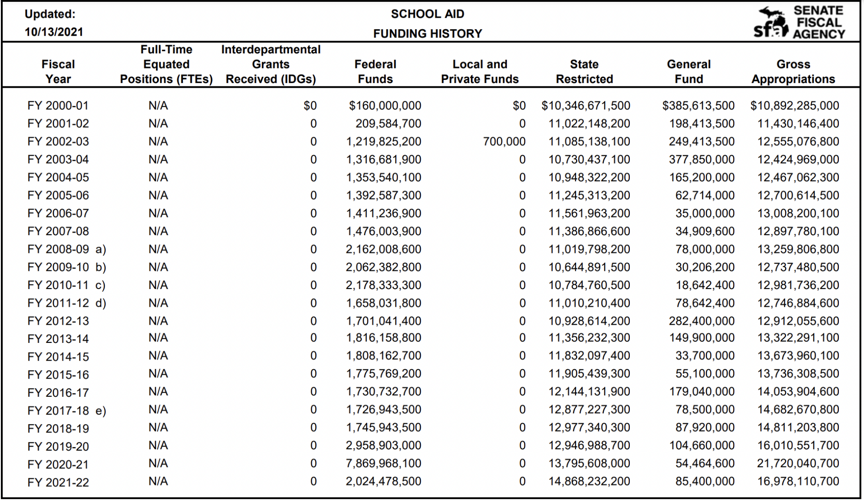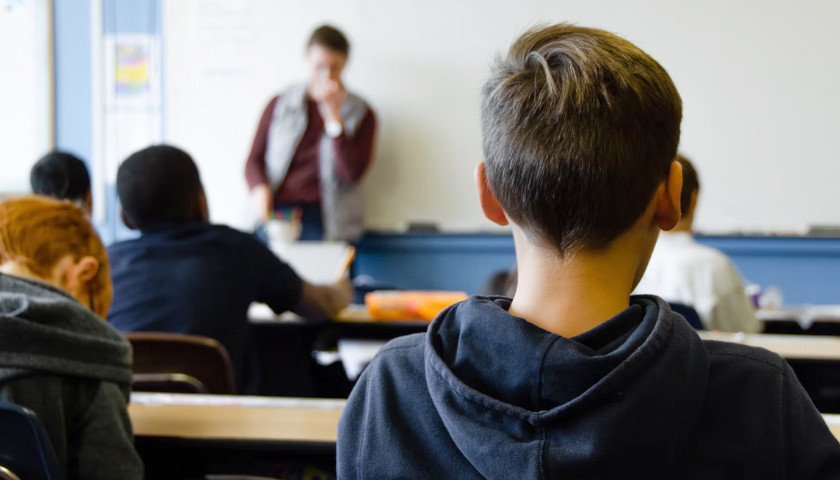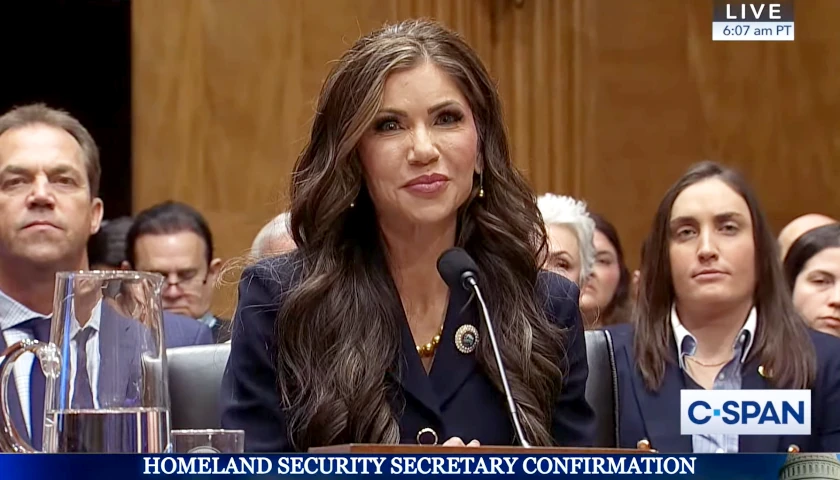by Scott McClallen
A school advocacy group called Launch Michigan wants an additional $3.8 billion for Michigan schools disbursed statewide, funded by an undisclosed new tax.
The group released its report in June, prior to state lawmakers passing a 2023 $19.6 billion School Aid Fund, which includes record education spending of $21.3 billion, or 27% of the entire state budget for the year. That budget includes:
- $475 million to spur system innovations to smooth voluntary school district administrative structures.
- $175 million to support educator Grow-Your-Own programs.
- $75 million for the proposed Michigan Future Educator Fellowship to pay student teachers this year.
- $25 million to increase the availability of afterschool and summer programming.
- A record-high $9,150 per-pupil funding for every public-school student.
Holly Wetzel, the director of public relations at the Mackinac Center for Public Policy, said the argument for an additional education tax “falls apart” when analyzing the increasing amount of money spent on education.
“Launch Michigan’s plan fails to recognize that the state’s education system already has enough funds to meet its recommendations,” Wetzel told The Center Square. “The plan did not factor in local property tax dollars, which brought in an additional $4 billion last year, in its estimate of current K-12 spending. When looking at the complete funding picture, the argument for an education tax hike falls apart.”
Moreover, Michigan school spending data shows that, for the most part, funding has steadily increased for about 20 years.

Launch Michigan had initial solid support in 2018 but has now splintered, Bridge Michigan reported Tuesday.
Adam Zemke, president of Launch Michigan, didn’t respond to a request for comment by publication. In a press release announcing the report, Zemke said:
“Michigan’s kids simply do not have the same opportunities to learn and succeed as their peers in countries with which Michigan’s economy competes,” Zemke said in a statement. “Our state’s educational system was designed for the mid-20th century, and it hasn’t undergone a true reinvention since. Our world changes daily, and we must empower our kids to succeed by making better, smarter investments in their classroom experience that prepares them for a global 21st century economy.”
The report says the billions in additional spending would be funded with a new tax and savings from:
- Changes to the ways schools, districts, and ISDs use their money.
- Restructuring of the state’s school employee retirement system.
- Repurposing some special funding sources.
- Reallocation of federal funds, as available.
The group wants the following:
- A base per-pupil funding of $10,421 per pupil, indexed annually for inflation, plus equity weights.
- The availability of early childhood, out-of-school time learning experiences, and wrap-around services must be dramatically increased, especially for students from high-poverty communities.
- New educator evaluations that rely less on standardized testing.
- Changes to state education governance and function so that the governor appoints the State Superintendent.
- Replace accountability systems, including an index and A-F rating system, with a single, summative, transparent accountability tool and dashboard focused on student performance and growth.
- Ensure all ISDs/regional service agencies offer consistent and equitable services and ensure these agencies align with state and local needs.
The Centers for Disease Control and Prevention says that remote learning during COVID harmed students’ mental health. At the same time, another study found that remote learning was a “primary driver” of widening achievement gaps. But billions of federal money has already targeted learning recovery.
– – –
Scott McClallen is a staff writer covering Michigan and Minnesota for The Center Square. A graduate of Hillsdale College, his work has appeared on Forbes.com and FEE.org. Previously, he worked as a financial analyst at Pepsi.





